There is a copious amount of paperwork involved in organizing your finances. Tax season every year gives us an opportune time to go through the endless paperwork. We decide what to keep and what to toss- decluttering at its finest.
Standard protocol is to sustain all tax records for a solid seven years. This means we should keep copies of tax returns and all supporting documents or receipts.
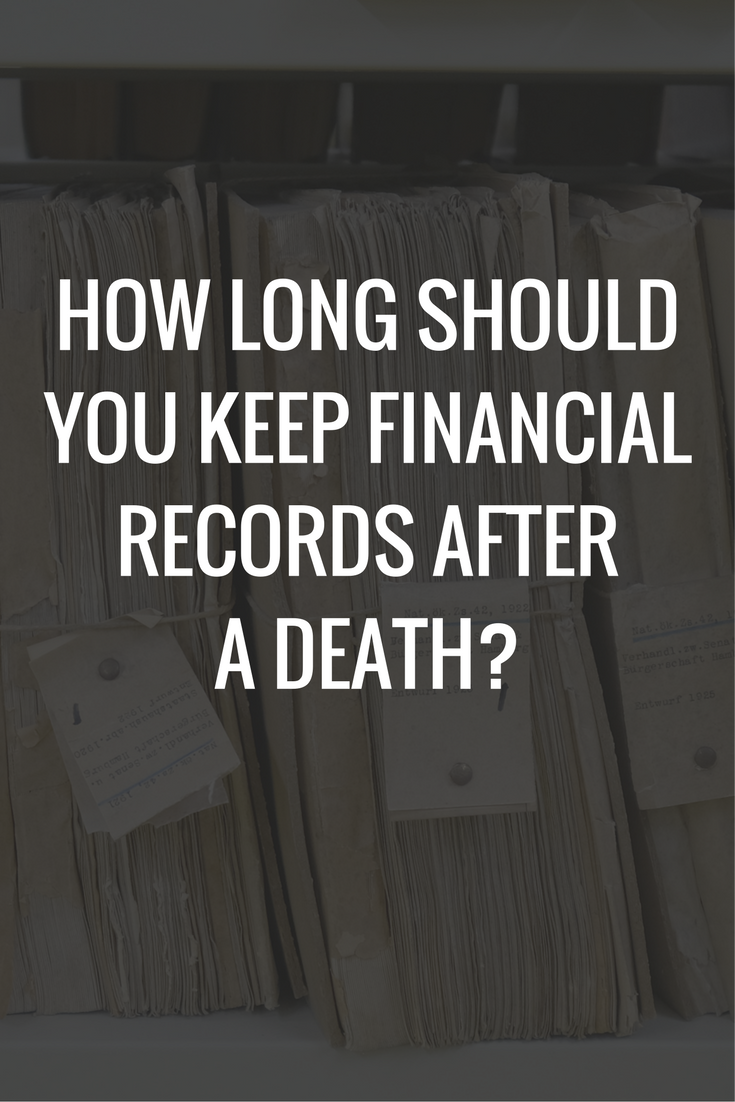
However, what if it’s not your tax records we are talking about here? What do you do if you have recently lost a loved one?
How long should you keep financial records after a death?
The IRS’s statute of limitations for an audit is three years. This means that any of the deceased persons’ tax returns are subject to random audits for the next three years. However, tax experts recommend that you preserve all tax records for a minimum of seven years in case there are questions about the deceased person’s returns.
Each state has its own requirements. If you are interested in knowing more, search tax forms for your state and review your state’s specific regulations.
Here a couple of tips for saving these important papers:
- Use a manila envelope or special filing folder to store papers
- Separate paperwork by year
- Label everything
- Consider storing in a fire-proof safe
- Check annually to see what paperwork can be tossed. Only keep what you need to. This will prevent you from maxing out your storage.
When do you file an estate return?
Use Form 1041 to file an estate return if the deceased person has an estate plan whose assets generate more than $600 in yearly income. This also should be retained for seven years, along with the other tax records.
Pro Tip: Now get easy one-click access to your essential accounting software from anywhere on any device by Hosting QuickBooks on the cloud and accessing it via Citrix vdi powered by 24*7 tech-support from Apps4Rent.
What Records Should be Kept Other Than Tax Returns?
- Retain paper copies of receipts (pay stubs, life insurance statements, credit card statements, bank and investment statements). Keep these for one-three years.
- Records of assets should be kept until the assets are sold (cars, investments or savings bonds). Once you obtain the bill of sale and the title or deed, this paperwork can be also shredded. On the other hand, if the deceased had used a transfer on death deed instrument, the property will automatically be transferred to the new owner.
- Estate and important documents such as trusts, wills, birth and death certificates, Social Security information, and marriage and divorce certificates should be sustained indefinitely. Consider storing these important documents in a fire-proof safe.
Some tax experts recommend keeping estate-related information, including estate tax returns for at least 7 years. The IRS can assess additional taxes/penalties if the executor and/or the accountant for the estate if they feel the estate was underreported by 25% or more (source).
After losing a loved one, the last thing that we want to focus on is their leftover finances. However, someone has to handle the paperwork after they are gone. If we let it get ahead of us, it will be much more complicated to deal with later.
Do not let the financial documents and obligations overwhelm you. There are answers to all your questions and many people have done this before you. It is important to be proactive in storing and sifting through the vital paperwork so that you are not overcome later by stacks of documents that will need your attention. Stay ahead of the game and take a deep breath. Remember, you are not alone.

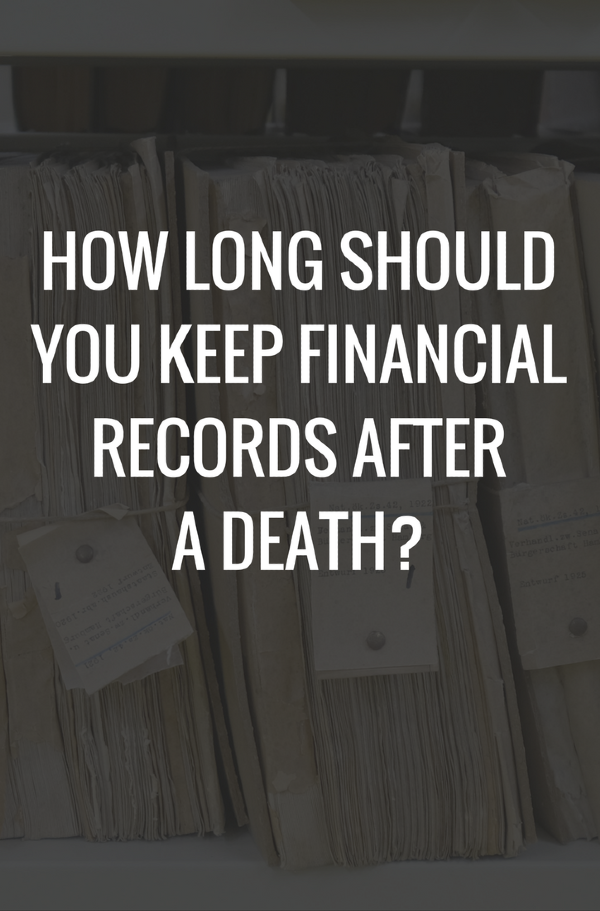




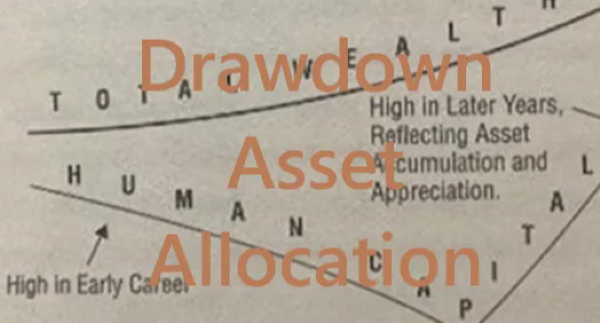
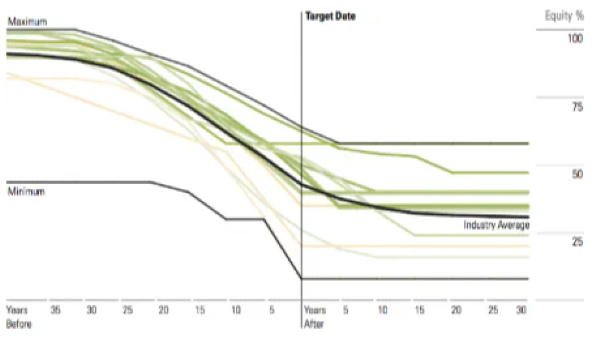
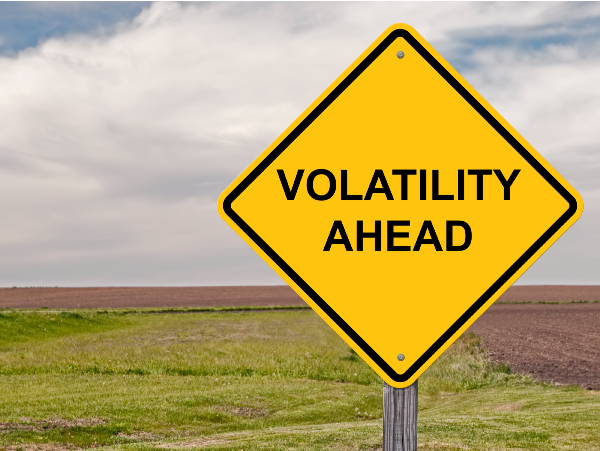
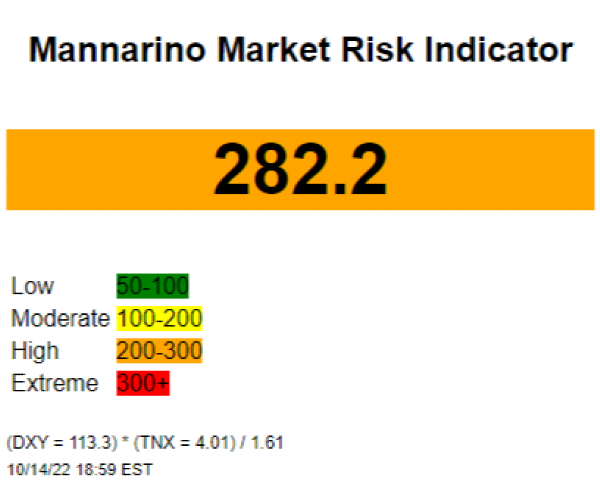










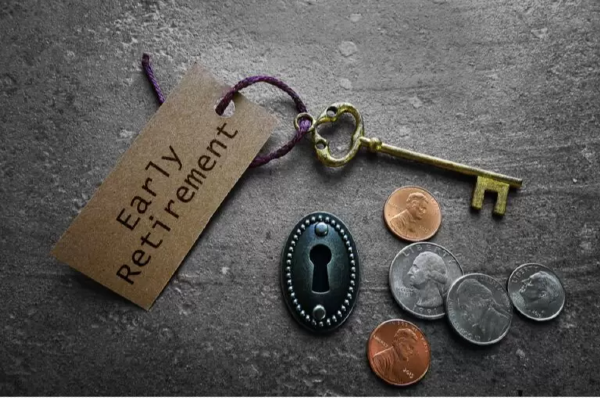


There is a copious amount of paperwork involved in organizing your finances. Tax season every year gives us an opportune time to go through the endless paperwork. We decide what to keep and what to toss- decluttering at its finest.
Standard protocol is to sustain all tax records for a solid seven years. This means we should keep copies of tax returns and all supporting documents or receipts.
However, what if it’s not your tax records we are talking about here? What do you do if you have recently lost a loved one?
How long should you keep financial records after a death?
The IRS’s statute of limitations for an audit is three years. This means that any of the deceased persons’ tax returns are subject to random audits for the next three years. However, tax experts recommend that you preserve all tax records for a minimum of seven years in case there are questions about the deceased person’s returns.
Each state has its own requirements. If you are interested in knowing more, search tax forms for your state and review your state’s specific regulations. Here a couple of tips for saving these important papers:
When do you file an estate return?
Use Form 1041 to file an estate return if the deceased person has an estate plan whose assets generate more than $600 in yearly income. This also should be retained for seven years, along with the other tax records.
Pro Tip: Now get easy one-click access to your essential accounting software from anywhere on any device by Hosting QuickBooks on the cloud and accessing it via Citrix vdi powered by 24*7 tech-support from Apps4Rent.
What Records Should be Kept Other Than Tax Returns?
Some tax experts recommend keeping estate-related information, including estate tax returns for at least 7 years. The IRS can assess additional taxes/penalties if the executor and/or the accountant for the estate if they feel the estate was underreported by 25% or more (source).
After losing a loved one, the last thing that we want to focus on is their leftover finances. However, someone has to handle the paperwork after they are gone. If we let it get ahead of us, it will be much more complicated to deal with later.
Do not let the financial documents and obligations overwhelm you. There are answers to all your questions and many people have done this before you. It is important to be proactive in storing and sifting through the vital paperwork so that you are not overcome later by stacks of documents that will need your attention. Stay ahead of the game and take a deep breath. Remember, you are not alone.
Originally Posted in The Free Financial Advisor